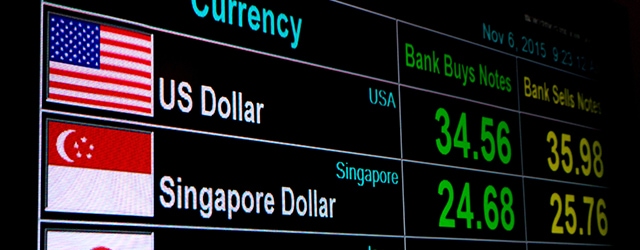As currency trading increases in China and new technologies emerge, the regulatory environment is changing.

Over the past 15 years, renminbi trade volumes have roughly doubled every three years, making it the world’s eighth most traded currency—surpassing the Mexican peso. In May, China’s foreign exchange reserves hit $3.05 trillion, a seven-month high.
And trading is shifting to Asia. Between 2013 and 2016, forex trading by hedge funds and principal trading firms halved in London, the global trading center. Meanwhile, trading leapt 88% in Hong Kong, more than doubled in Singapore and tripled in Tokyo.
China’s debt and equity markets are still developing, and the limited options for conventional investments have spurred interest in alternatives. In addition, many Chinese institutions have shorter investment holding periods than market participants elsewhere, which aligns with trading forex securities.
Domestic policy changes will support forex market growth, says Demetri Tian, co-founder of MMIG, a forex service provider. In addition, “This year is the first year of a foreign exchange era developed by science and technology,” Tian says. “There are many new types of products.”
One new technology-driven solution is trading cryptocurrencies. Government support could boost the market development of such alternative currencies. China’s central bank, the People’s Bank of China, is now testing a prototype digital currency that could be used by commercial banks and corporations to carry out transactions.
New technology, high-frequency trading, fraud cases and risks from flash crashes are also leading to new regulatory policies. “The future will bring only more, not less regulation. … The ability of regulatory arbitrage that used to exist before is slowly diminishing,” says George Giannoulakis, CEO of financial consultant InvestCor Corporate.
This year, after uncovering multiple illegal forex trading channels, policymakers at China’s State Administration of Foreign Exchange vowed stricter regulations. Simultaneously, though, they welcomed trading through legal programs as the country’s financial markets continue to liberalize.
While acknowledging that additional market reforms are necessary, Yang Xuexin from Tianshi Financial Group, says, “Foreign currency market technology will continue improving. And more and more people will participate.”



